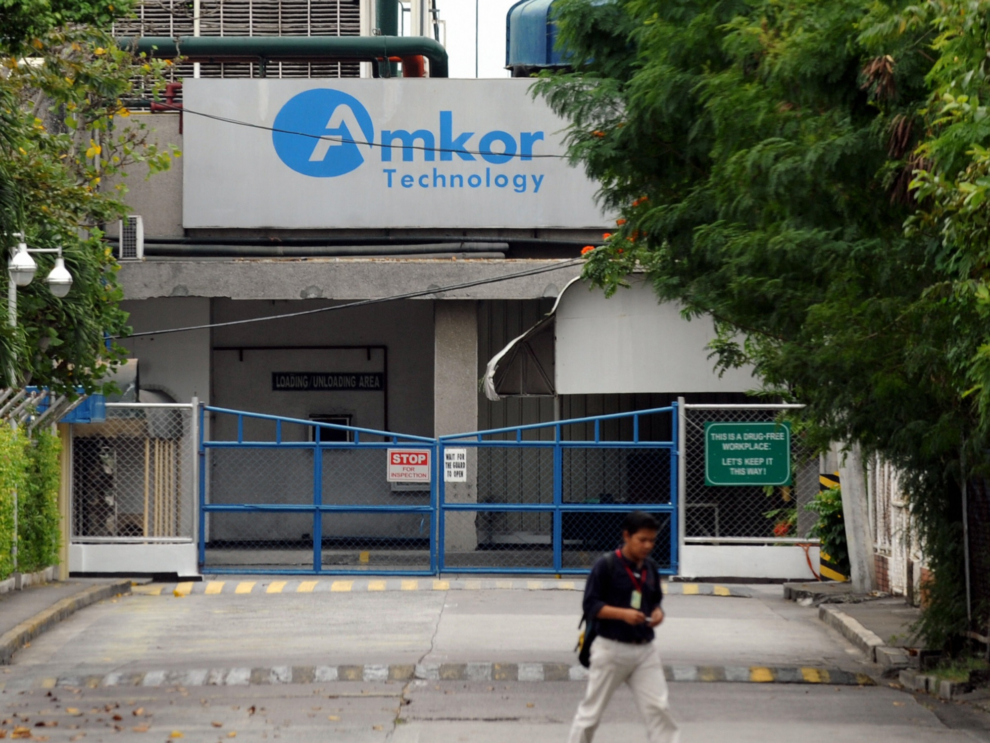Amkor Technology (AMKR.O) said Thursday it will spend $2 billion to build a new advanced semiconductor packaging and test facility in Arizona that will package and test chips for Apple (AAPL.O) produced at a nearby Taiwanese chipmaker TSMC (2330.TW)facility.
Amkor said it will provide advanced packaging and testing of semiconductors to support high-performance computing, automotive, and communications and when the new facility opens, Apple will be its first and largest customer.
Apple separately confirmed its expanded partnership with Amkor. Amkor said the facility will be the largest U.S. outsourced advanced packaging facility.
Earlier this month, the Commerce Department disclosed details of its plans to spend $3 billion for advanced packaging. Congress in August 2022 approved a $39-billion subsidy program for U.S. semiconductor manufacturing and related components but has not yet issued awards.
Advanced packaging is a high-tech method of placing multiple chips with a variety of functions in a densely interconnected “package.” Commerce Secretary Gina Raimondo has made advanced packaging a priority and said earlier this year “the U.S. will develop multiple high-volume advanced packaging facilities, and become a global leader in packaging technologies.”
TSMC is spending $40 billion on a massive chips fabrication facility or fab in Arizona. The first Arizona chip fabrication facility, or fab, is scheduled to be operational by 2024, the company said in June. A second facility nearby that is expected to make 3 nanometer chips – the most advanced currently in production – is to open by 2026.
Amkor said it had sought funding from the Commerce Department’s semiconductor subsidy program and said “these funds will be critical to Amkor’s project moving forward.”
Arizona Senator Mark Kelly said “as one of the first advanced packaging facilities in the U.S., this is a huge step forward to reducing dependence on other countries in the microchip supply chain.”
Source: Reuters










